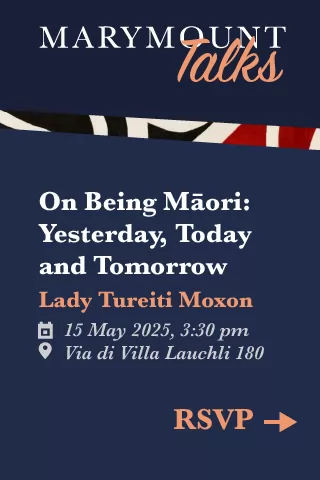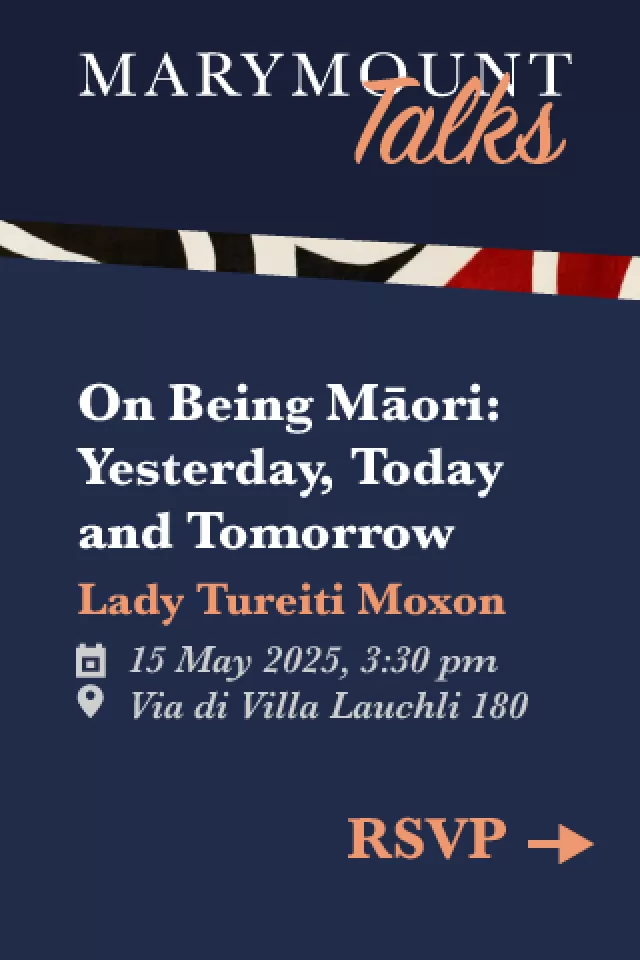The tsunami has changed life forever on the Sri Lankan shores of the Indian ocean.
Ten young Britons who had never met before spent New Years Eve in a bizarre hill-top hotel outside the safe hilly country capital of Kandy in Sri Lanka, a town that night festooned with white plastic, cut into strips, white being the Asian symbol of mourning. They had all variously fooled the Asian killer wave and as they toasted in midnight, they acknowledged in subdued tones that the way they saw life had changed forever.
A well-spoken Londoner had been sunbathing on the beach at Bentota on the south-west of the tear-drop island. "I had already packed as this wall of water came racing up the beach. I ran and caught a tuk-tuk - three-wheeler - and we pedaled like mad but the water kept closing in on us all the time. It was scary but shock only set in when the emails began pouring in from the UK."
A well-built Dutch social-worker was having breakfast in his guest house. "It started coming in through the window and I was soon fighting for my life in the water. What saved me was a palm-tree. I clung to it for hours..."
An older man with a Midlands accent and his wife recalled: "We were in our room. We looked down and saw water streaming behind our hotel and the next. I told the missus:" Lets get out of this! We scampered up to higher ground. They put us up in some centre and the next day we went back and found all our things intact."
Two young early 20s English girls had not heard from an Irish friend who was down south. "We heard she was there at Christmas. A Yorkshire man spoke to her. Since then, nothing. She could be missing. Its horrible." They themselves had not headed south with her solely because one of the two had been a day late getting into Colombo from Mysore in India.
The group marvelled at how a 13-year old girl had been found at sea after grasping to a makeshift raft for two days. And then there was a train with 500 commuters on board that had thundered across the sleepers of a viaduct - to then discover the viaduct itself had been washed away. They plummeted into the cruel sea.
Its all a roulette, said the Midlands man. "Tick. Tick. Tick. The ball stops where it wants. The Dutchman was perhaps more to the point: Its perhaps been a good thing for us all. Its as though were already living a new life." The Londoner said: "Yes, a new lease of life.
They toasted in the New Year in silence as the truth bore home. Or as the woman President, Chandrika Kamaratunga put it: "The great forces of nature have humbled us."
But has the killer tide slapped down on the beaches not only untold misery but something else the needed instrument for bringing together the Tamil Tigers and the government after nearly 20 years of warfare? The president herself who lost an eye in a Tiger guerilla attack announced the chance had come for both sides now to sink their differences and move towards fashioning national unity at last a sentiment reciprocated by a senior Tamil leader who thought the time for closing divisions had arrived at last. Which was why one newspaper, the Daily News, foresaw "an impending dramatic detente" between the two parties. The most skeptical, The Island, commented: Can even tidal waves bring together our squabbling politicians?
What however has muddied the situation already is the huge apparent difference between the way the Tamils and the government have organised the relief effort, Some 30,000 in the rebel zone in the north and east lost their lives, and a British doctor was quoted as saying the Tamils had gone about the job with great military efficiency." Insisting on handling all relief supplies through their own agency, the Tamils had got to work within minutes, quickly putting up road-blocks to preventing looting, for instance.
The onslaught of the sea has also brought home the extreme vulnerability of the Sri Lank tourist industry based almost entirely on sand. The big tourist hotels of south Thailand are largely absent in Sri Lanka, and people in the past have flocked to its splendid beaches for their pure magnificence, for small family-run, divinely cheap guest houses and beach restaurants that were merely shacks offering delicious fish, hours fresh. By the same token, some locals spoken to reckoned optimistically? that the beaches could be back on their feet within a year.
What brings so many Britons to Sri Lanka, by the way, is that it is still comfortably nestled very much within the old British womb. They still drive on the left; theyre mad about cricket; kids are knocking them for six on every waste patch. In the hotels, they serve bacon and scrambled eggs for breakfast. One night a group of sober youths were seen scooping up soup from real soup plates on the beach. The radios still blare out Its a long way to Tipperary and the delightful, superbly-kept British cemetery overlooking Kandys big lake records, for instance, the fate of John Spottiswood Robertson, aged 23, the seventh and last Brit in the old Ceylon to have been killed by an elephant, But then there was the civil-servant Edmund Sampso Waring who in 1868 ran away from his post when attacked by natives. Considered a coward at the time, they denied his wife Henrietta the right to be buried in the same grave.


















